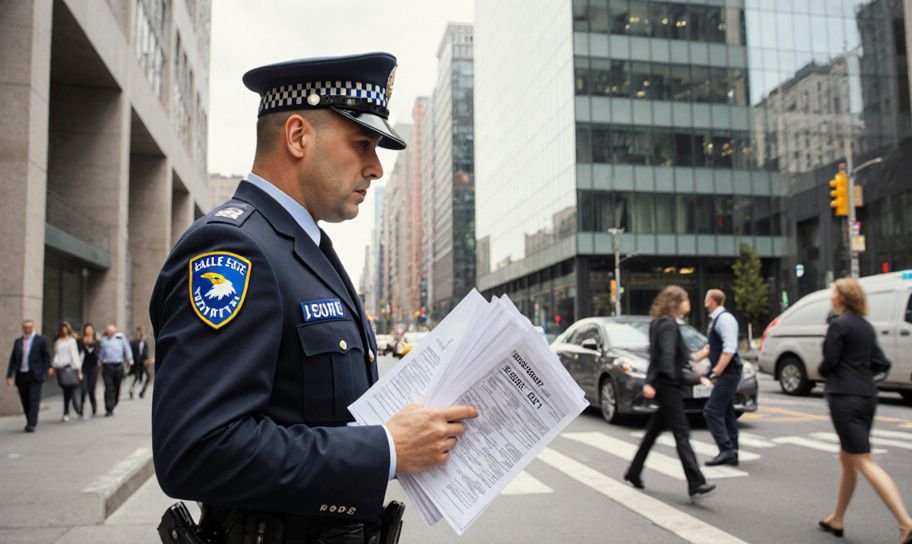
Quick Summary: The Bombay High Court dismissed a request by Eagle Security to change GST rules that treat their services as tax-free, which affects their ability to get tax refunds. The court agreed that the current tax system is legal.
Eagle Security, led by Veena Chittersen, filed a case against the Indian government and other authorities. They argued that the reverse charge mechanism (RCM) wrongly labels their services as tax-free, stopping them from getting Input Tax Credit (ITC).
Before 2019, Eagle Security paid GST on their services themselves. But a change in 2019 made the people who receive the services pay the tax instead of providers like Eagle. This means Eagle can't reduce their tax by the amount they paid on supplies, making their services more expensive.
"The Petitioner is unable to compete since the Petitioner is now not entitled to avail ITC, thereby resulting in increased cost of rendering service."
Eagle argued that leaving out companies from RCM is unfair under Article 14 of the Constitution. They said this makes it harder for them to compete, breaking their right to do business under Article 19(1)(g).
The court, led by Justices M. S. Sonak and Jitendra Jain, found no constitutional issue. They pointed out that tax laws naturally involve different groups and that Eagle, knowing the RCM rules, can't say they're being treated unfairly.
"The classification between a body corporate and non-body corporate does not violate the guarantee of equality."
The court mentioned that while GST tries to avoid double taxation, decisions about who pays taxes are up to the lawmakers. They said the RCM helps with tax compliance and makes administration easier.
The court dismissed Eagle's petition, agreeing that the GST rules are legal. They noted that while the rules might be tough for some businesses, they are constitutionally valid.
This case shows how complicated tax laws can affect businesses. Even though Eagle Security has to deal with higher costs, the court's decision highlights how lawmakers have a lot of freedom in making tax rules.
"In fiscal matters, Legislature is given wide latitude to decide the subject matter of tax, the incidence of tax, the persons entitled to exemption, etc."
Eagle Security's challenge reflects ongoing tensions between tax policy and business realities, a balancing act that courts often have to navigate.